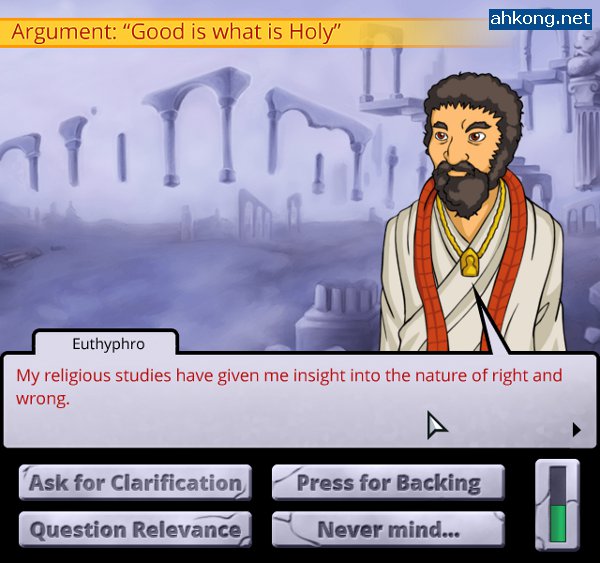I'm currently laying out the beginning of what will be a large and time consuming project.
Currently, I'm attempting to learn philosophy by myself (for the time being at the moment), but I don't exactly know where or what exactly is the best way to start this daunting task. I'm reading this book that give the bare basis of several famous philosophers, but it doesn't seem like it's the best way to go about this.
So the question I pose is: What texts, websites, or anything that would aid in my quest would you recommend?
Thanks
Currently, I'm attempting to learn philosophy by myself (for the time being at the moment), but I don't exactly know where or what exactly is the best way to start this daunting task. I'm reading this book that give the bare basis of several famous philosophers, but it doesn't seem like it's the best way to go about this.
So the question I pose is: What texts, websites, or anything that would aid in my quest would you recommend?
Thanks

